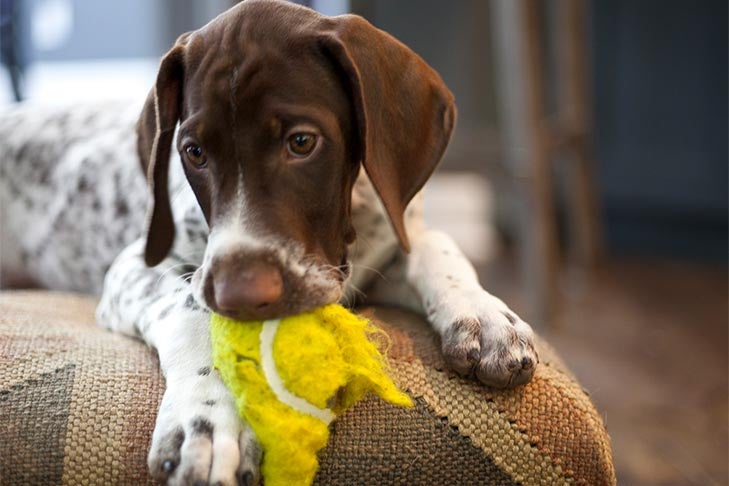Ready to access the AKC GoodDog Helpline? Sign up today for instant access to a team of trainers available 7 days a week for all your dog behavior questions.
Breed Explorer
Featured
GETTING STARTED IN DOG SPORTS
RESOURCES FOR DOG SPORT PARTICIPANTS
- Event Search
- Title Application Portal
- Downloadable Forms
- Rules & Regulations
- Online Event Management
- Points & Awards
- Judging Resource Center
- Judges Directory
- Judges Education - AKC Canine College
- AKC Weekly Winners
- Event Cancellations
- Award Corrections
- AKC Contact Info for All Sports
- AKC Registered Handler Program
- Junior Resources
- Cluster Coordination








